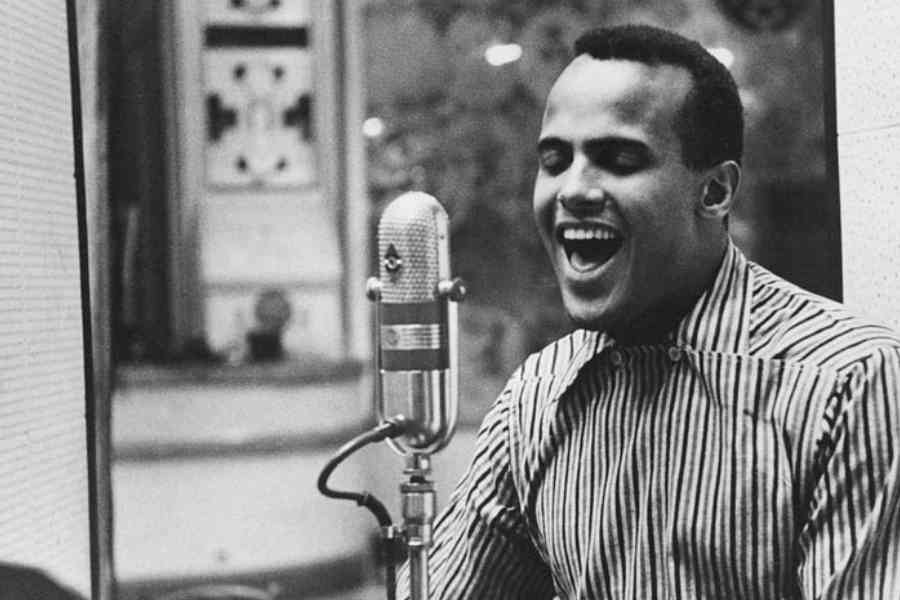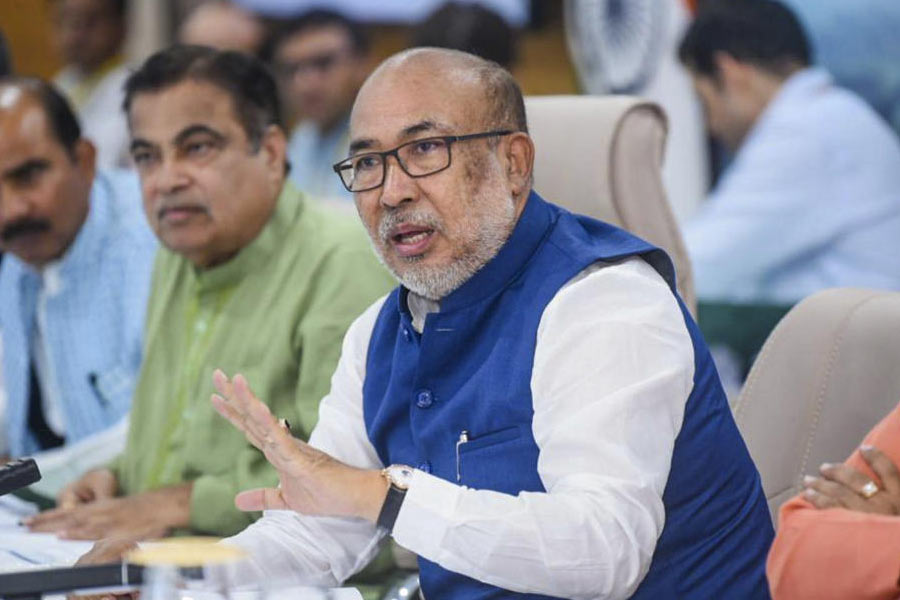Harry Belafonte, the first African-American to win an Emmy, was known the world over for his music. His music, rooted in black musical traditions, has been performed by artists across the world, including in India, where his songs are still popular.
Belafonte was born in Harlem. His father was from Martinique and worked as a chef on ships; his Jamaican mother was a domestic worker. He was introduced to the works of Black intellectuals when he joined the US navy. Returning to civilian life in New York, he began his musical career and studied acting.
The singer and actor, Paul Leroy Robeson, who was Belafonte’s role model, believed that the famous have a responsibility to fight for justice. He challenged fascism abroad and racism in America. Belafonte, too, used his wealth to support social causes, using his star power to draw attention to movements for racial justice and equality. Belafonte was an icon of the civil rights movement and an ally of Martin Luther King Junior. He raised funds for the Southern Christian Leadership Conference that King founded in 1957. The SCLC played a pivotal role in the civil rights march on Washington DC in 1963 and headed campaigns that brought about the passage of the Civil Rights Act of 1964 as well as the Voting Rights Act of 1965. In 1960, Belafonte provided the seed money for the Student Nonviolent Coordinating Committee, which practised peaceful, direct-action protests against segregation and other forms of racism. Belafonte was frequently called upon to provide bail money for Black activists. He and Sidney Poitier had delivered a bag of cash to Freedom Summer volunteers in 1964. Belafonte’s activism extended beyond the US. In the 1980s, he organised the cultural boycott of South Africa to challenge the apartheid regime. In 1985, he was the guiding force behind the “We Are the World” recording that brought together over 40 artists to raise funds to stem famine in Africa.
In 2007, I had the privilege of hearing Belafonte speak of the work he was doing to reform the prison system in the US and his engagement with youth in gangs in the Americas. In a searing presentation, he made an impassioned plea for justice in the prison system where African-Americans constituted 38% of the population on account of discriminatory policing and a biased criminal justice system, poor education, high poverty and alienation. Belafonte was a phenomenal orator. He spoke insightfully and passionately about the gatherings he organised with youth in gangs, including with members of the most violent outfits such as the Bloods, Crips, and Gladiators.
Belafonte underlined the importance of building racially diverse campaigns. His meetings brought together Blacks and Latinos, White gangs in Appalachia and White incarcerated youth, indigenous people and Asians from South California, to discuss alternatives and non-violent solutions to the challenges within the criminal justice system.
He was bold and unflinching in challenging injustices and spoke truth to power. He spoke out against presidents and politicians, including Barack Obama, for their failures to take a stand on critical issues facing the African-American community. He was a vocal opponent of the Iraq war and called out Colin Powell, along with President George Bush, whom he named the “Greatest Terrorist in the World.”
In 2013, he and his daughter, Gina, founded the Sankofa Foundation to educate and motivate artists and allies to serve movements and social change. The Sankofa Foundation has organised thousands to stand up for justice and has been on the frontlines of art and activism. It supports documentaries, community-based art installations, theatre and partners in national campaigns to educate and transform thinking about criminal justice, immigration, equality, equity, and violence. Up until the last US presidential election, Belafonte remained active, helping mobilise non-partisan voter registration events and writing editorials in leading publications on the importance of the polls for African-Americans.
Belafonte will be admired for his music. Like his mentor, Robeson, he set an example for artists and citizens to come together as one.
Jael Silliman is a writer of fiction and non-fiction










